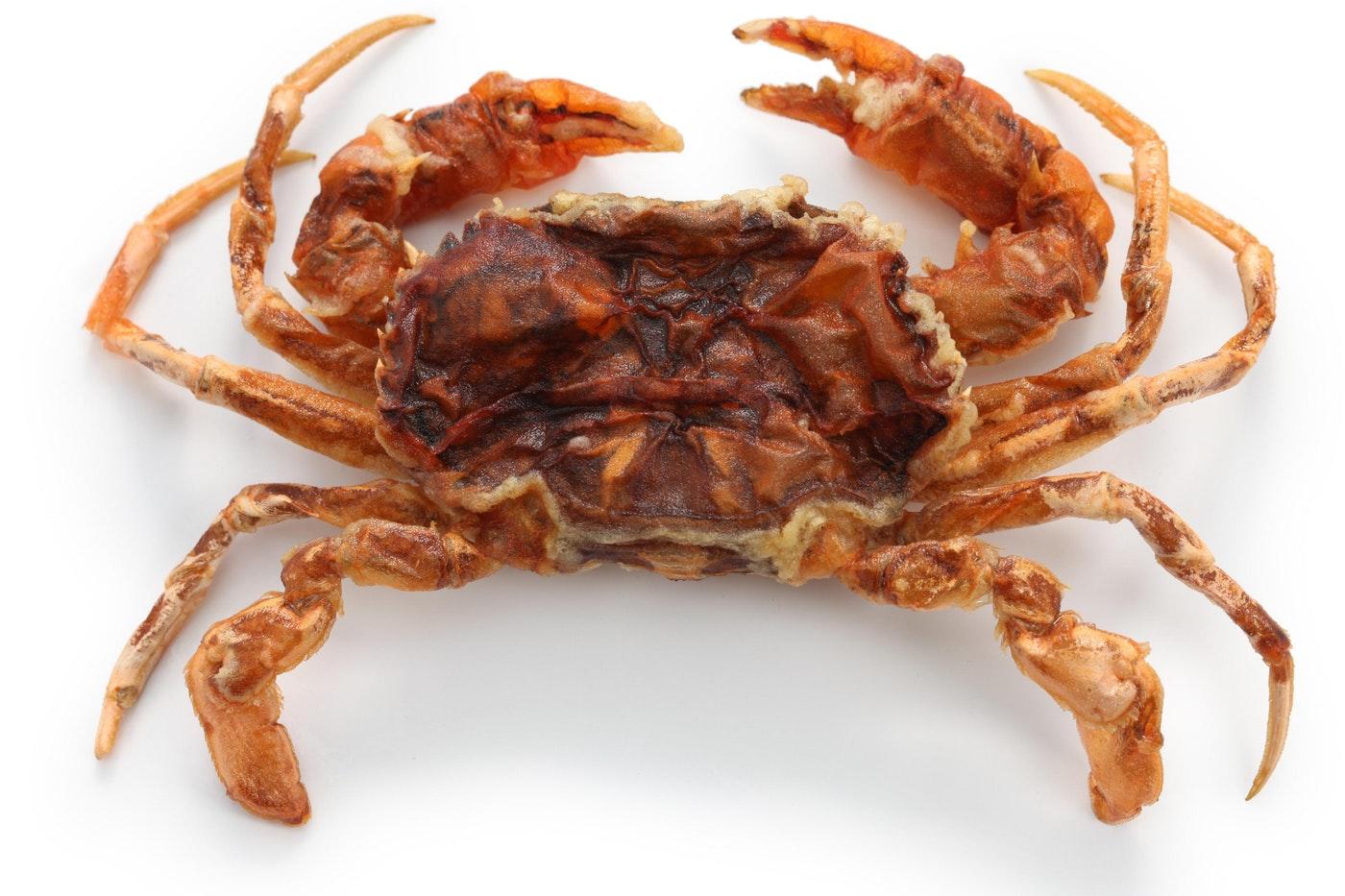Into the Wild

Mary Ellen Rogers, founder of Sea Biscuit Wildlife Shelter, works with a wild bird named Scarlet. Courtesy photo
Anyone with the luck to grow up in Southeastern North Carolina is aware of the abundant beauty nature gives to us. Even those who visit often fall in love with the splendor of our flora and fauna. The graceful swoop of a pelican over a cresting wave is an image I attribute to my childhood by the sea—and there are some in this area who appreciate the wild so much they’ve devoted their lives to it.
On June 5th, 2000, the Oak Island Feral Cat Club was founded with the goal to reduce the feral cat population of the island using humane means. The club assists the public in gently trapping the wild cats, bringing them into the vet’s office to spay/neuter and vaccinate, and returning them to the trapping location. Dr. King at Oak Island Animal Hospital gives a tiny notch in the ear of each feral so the trapping is not repeated. If an individual needs a trap for a feral on their property, they may call the club at (910) 278-5481.
“We do an average of 90 cats per year,” vice president Leda Sloat shares. “All of us who have worked with this club, including Dr. King, love the fact that we make a difference in the feral cat population. We can tell there are less strays. Also, we noticed a cutback on feline leukemia and rabies.”
The club is staffed by volunteers and supported by donations, as well as a grant from the Town of Oak Island. Meetings of the Feral Cat Club are held the fourth Thursday of every month at 6:30 p.m. at the OI Recreation Center (3003 E. Oak Island Dr.).
Also in Oak Island, philanthropist Mary Ellen Rogers tends to a different kind of wild animal—the type with wings. When birds become injured or orphaned, Rogers welcomes them to Sea Biscuit Wildlife Shelter (www.SeaBiscuitShelter.blogspot.com). The birds receive minimum medical care, safety from predators, food, and shelter from the elements. When an animal is able to care for itself, it is released back into the wild.
With experience volunteering with untamed animals since 1992, Rogers realized Oak Island was without a space to rehabilitate injured birds. Thus, in 2007, she offered up part of her home to the cause. Her work is unpaid, as the shelter is a non-profit, and takes up 40 to 50 hours a week.
“The wild birds entrusted to me require constant vigilance,” Rogers says. “Someone needs to monitor them 24 hours a day, every day. Since I had the space occupied by the original old beach house, it was a no-brainer to use it for a bird hospital.”
The shelter partners with the UNC Chapel Hill vet school, as well as the Natural Science Museum. It also provides data and specimens to the NC Coastal Biologist in Morehead City, where scientific necropsy is not part of the budget but research on disease is necessary. “I feel strongly that I can contribute to the body of knowledge about our wild birds,” Rogers tells. “When an interesting specimen dies despite our efforts to ‘fix’ it, I send the remains to Raleigh. It will either be used for display or ‘practice’ for the new veterinarians.”
On the morning of Friday, Dec. 7th, Rogers and long-time Sea Biscuit volunteer Janet Kurz drove to Cherry Grove, SC. “We brought three beautiful, healthy, first-year pelicans to the beach just over the SC border to avoid gill nets and other perils in NC. All three were so happy to be free. We cheered, clapped, and grinned from ear to ear as they flapped their wings with strength and purpose out over the waves. We felt as though we had completed a mission—relieved and happy.”











Leave a Reply